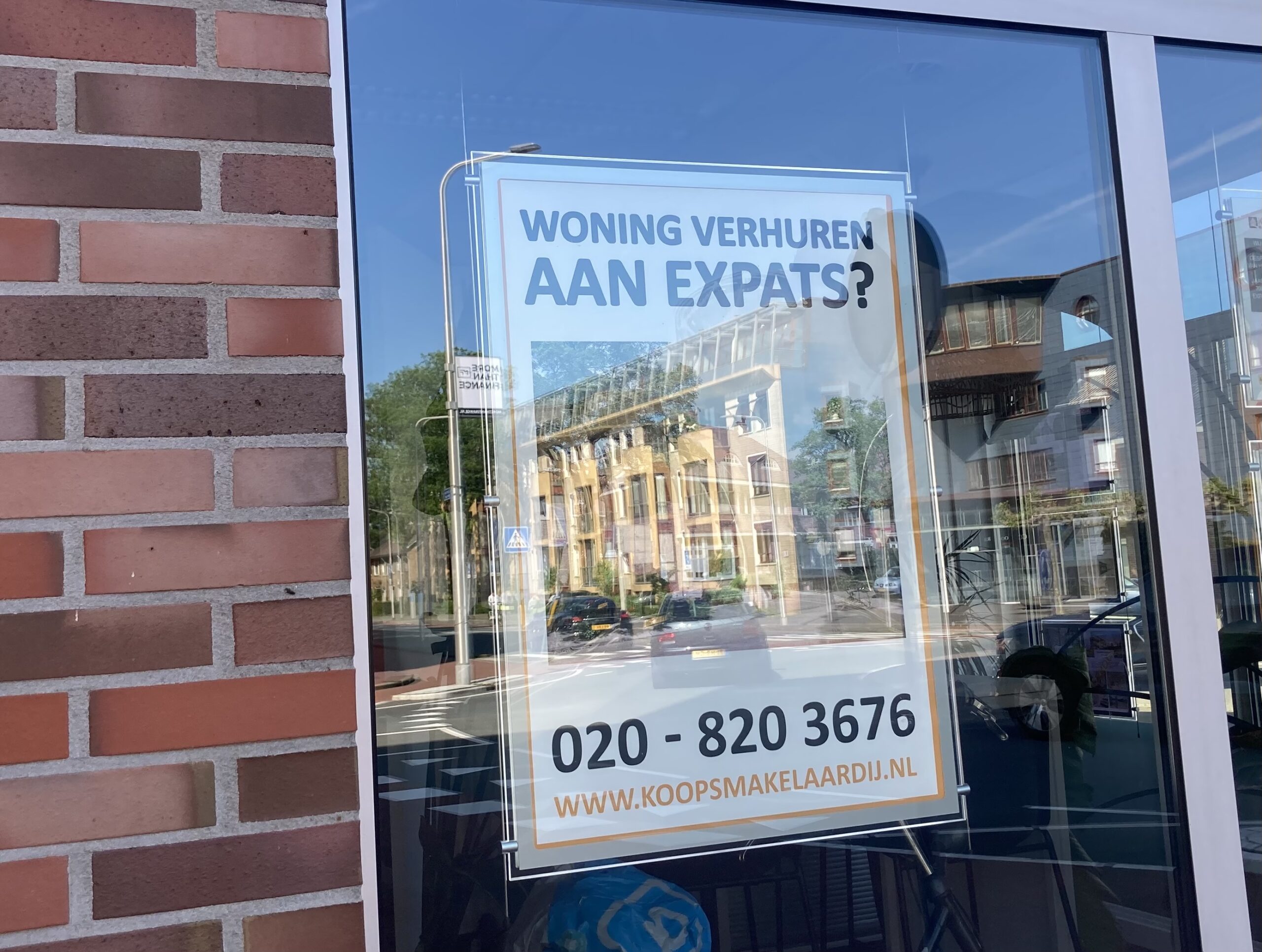Senators say yes to expanding rent controls from July 1

As expected, senators on Tuesday voted in favour of legislation that will extend rent controls to cover most of the Netherlands’ rental property market from July 1.
“This is an enormous milestone,” said housing minister Hugo de Jonge, who is bowing out next week when the new government comes to power.
“This new law will protect tenants and we really need it. The explosion in rents because of the shortage of housing has made things impossible for people with a normal income. This legislation is going to make a difference for thousands of tenants.”
De Jonge said earlier he expects 90% of Dutch rental property will fall under rent controls in the new system.
The legislation will affect all new rental contracts signed from July 1 as well as some older contracts. Landlords will be required by law to tell tenants how many “points” their property is worth. All properties worth 186 points or less will then fall under rent controls when there is a new tenancy. An apartment worth a maximum of 186 points can then cost no more than €1,157.95 a month in rent.
Properties that are worth under 143 points are considered to be social housing and if tenants are currently paying more than the maximum rent of €880, they will be able to request a discount, no matter how long they have lived there.
Points are awarded for amenities such as the number of bedrooms, whether or not the apartment has luxury bathroom fittings and the age of the property. The point system has also been overhauled to give more weight to high energy labels, outside space, and the quality of kitchens and bathrooms.
Landlords have until January 2025 to ensure that their tenants know how many points their home is worth. If the property is worth less than 186 points and tenants are being overcharged, they can take action to have the rent lowered if the tenancy is new. The rules also apply to student rooms, shared housing and property owned by private owners.
Investors and developers have argued that the new rules will make it unprofitable to invest in cheaper rental housing and there are some indications that they are selling off small, city flats.
However, developers who start work on new rental properties up to 2028 will be able to charge a premium of 10% on top of the official rise for 20 years. The official annual rent rise will be based on either inflation or average wage increases plus 1%. This year the figure is 5.5%.
Expats
The changes should benefit international workers, particularly in the bigger cities, where landlords often charge high rents for tiny apartments, although the new rules will only apply to new tenancies.
According to the Parool, Amsterdam city officials estimate just 25% of the privately held rental property in the capital will be worth more than 186 points. Currently, some 50% of the 150,000 homes owned by private landlords in Amsterdam are rented out for more than €1,100.
Experts suggest that apartments of around 40 square metres which are currently rented out for at least €1,500 are likely to fall under rent controls.
Thank you for donating to DutchNews.nl.
We could not provide the Dutch News service, and keep it free of charge, without the generous support of our readers. Your donations allow us to report on issues you tell us matter, and provide you with a summary of the most important Dutch news each day.
Make a donation